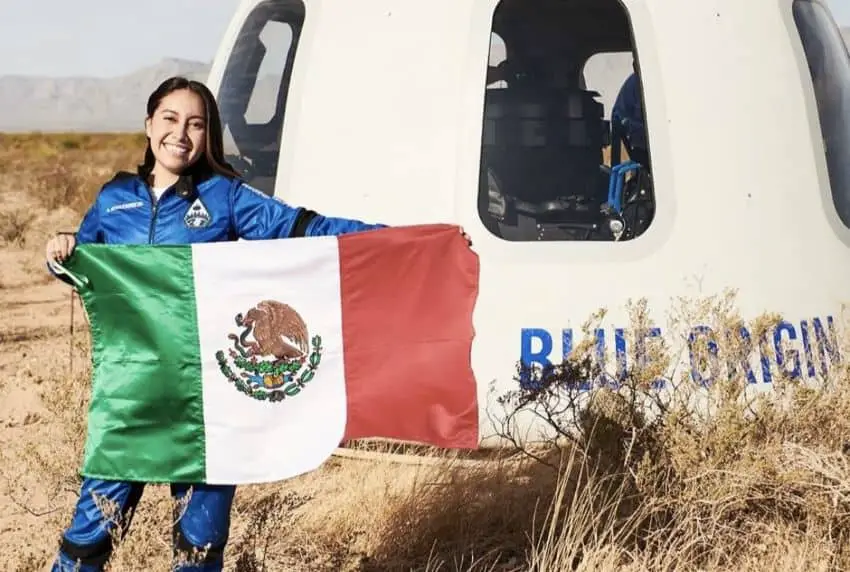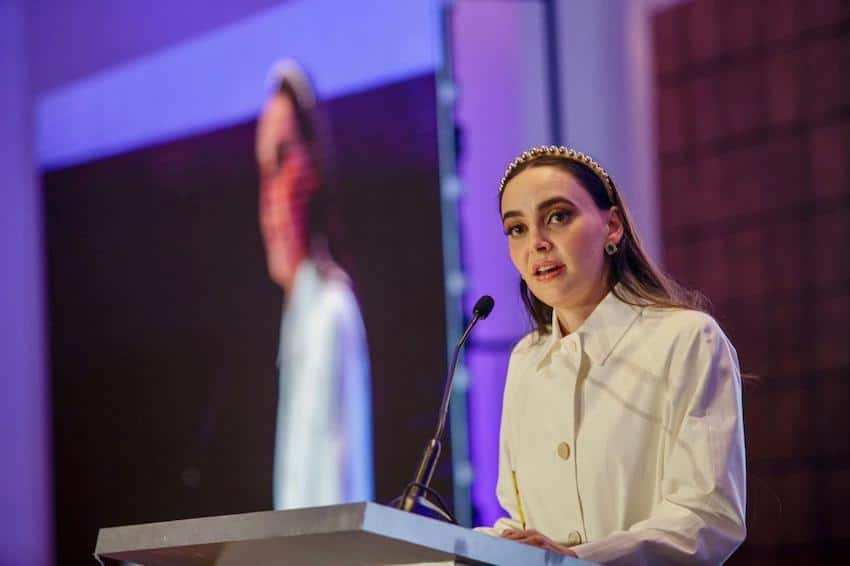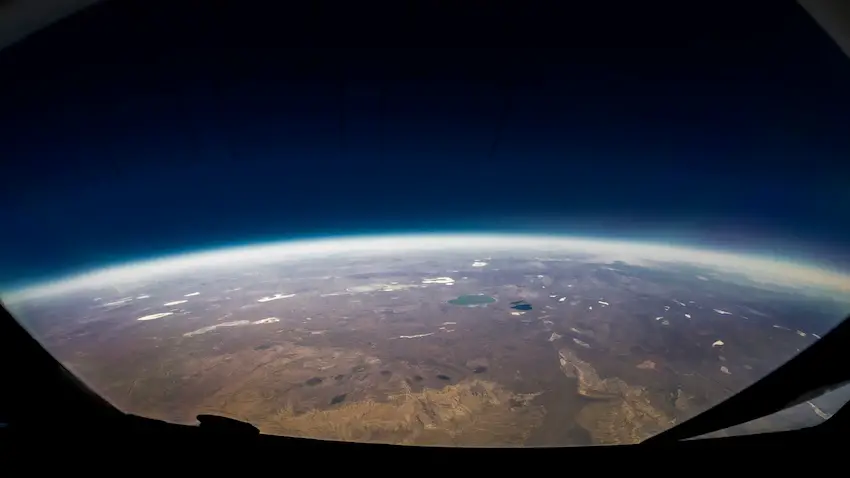Mexico seeks to send first all-Latino mission to space in 2027

A top official in the Sheinbaum administration stated last week that Mexico is working to create a 100% Latino mission to space in 2027 — led by Mexican-born astronaut Katya Echazarreta — as part of an overall plan to advance the Mexican aerospace industry.
The announcement was made by Altagracia Gómez Sierra, an influential business leader in Mexico and currently the coordinator of the Advisory Council for Economic, Regional Development and Business Relocation (CADERR) under President Claudia Sheinbaum.

During an Oct. 27 presentation, Gómez Sierra pointed out that a key goal of Sheinbaum’s government is to lead the first all-Latino space mission.
Another is to further advance Mexico’s aerospace industry because of its strategic value, which has increased 14% over the last 20 years, she said.
CADERR, a new entity under the Sheinbaum administration, aims to capitalize on nearshoring opportunities, develop 100 industrial parks nationwide and promote infrastructure projects to support regional economic growth in Mexico.
Its strategies include partnering with businesses, government agencies and communities; simplifying investment procedures; and promoting sustainability and innovation.
Mexico’s plan to expand its aerospace industry
One of CADERR’s goals, Gómez Sierra said, is to increase the regional content of aerospace industry exports by at least 10% by 2030.
Other keys, she added, include the integration of an aircraft engine fully manufactured in Mexico by the France-based aerospace company Safran and the launch of the first 100% Mexican satellite.
Safran, the largest employer in Mexico’s aeronautical industry — with 11,000 employees across 17 sites — announced over the summer it is expanding its operations in the state of Querétaro.
As for the all-Latino space mission, the newspaper El País pointed out that “no further details are yet known [and] it has not been specified whether it will be a crewed mission [or] the sending of a space probe, a satellite or another type of initiative.”


Echazarreta, 29, said last month she wants to do whatever she can to help.
“My goal is to contribute to the growth of the aerospace industry in Mexico,” the first Mexican-born woman to fly into space said at a summit organized by the news magazine Expansión. “It is time for our country to position itself as a major player in this field.”
As of now, Mexico’s aerospace industry is underdeveloped, Echazarreta said, because “there are no laws that regulate it.”
She said there are agreements in place to build launching pads in Mexico, but the lack of legislative reform prevents these projects and others from moving forward. Though international companies are interested in investing in the Mexican aerospace industry, she added, efforts remain limited.
“There are agreements in the works, but we cannot move forward due to current laws,” she said. “That is why we are working on a reform that will allow this industry to find an outlet.”
Born in Guadalajara, Echazarreta spent the first seven years of her life in Mexico before moving with her family to San Diego. In 2022, she became the first Mexican-born woman — and, at 26, the youngest woman ever — to fly into space when she was aboard a craft built by Blue Origin, a company started by Amazon founder Jeff Bezos.
Echazarreta earned an electrical engineering degree from UCLA in 2019 and was an intern at NASA, where she worked on the ground on five missions. She also has a master’s degree in electrical engineering and computer science from Johns Hopkins University.
With reports from El Debate, El País, Expansión and El Dictamen
Source: Mexico News Daily

